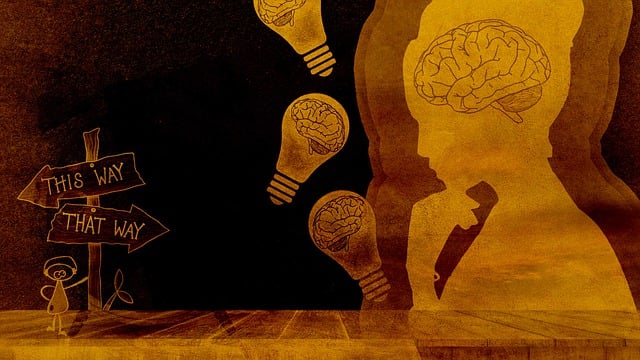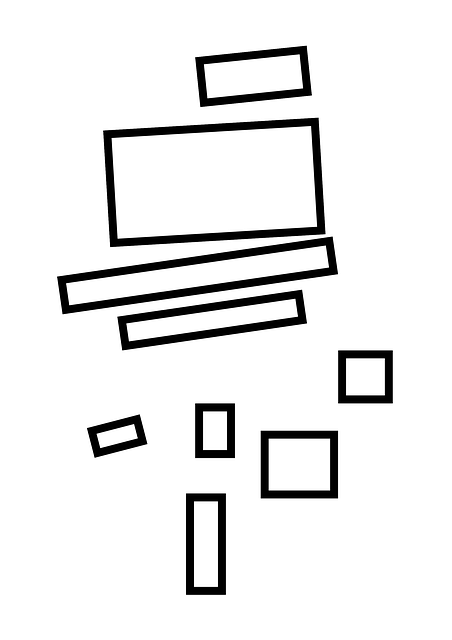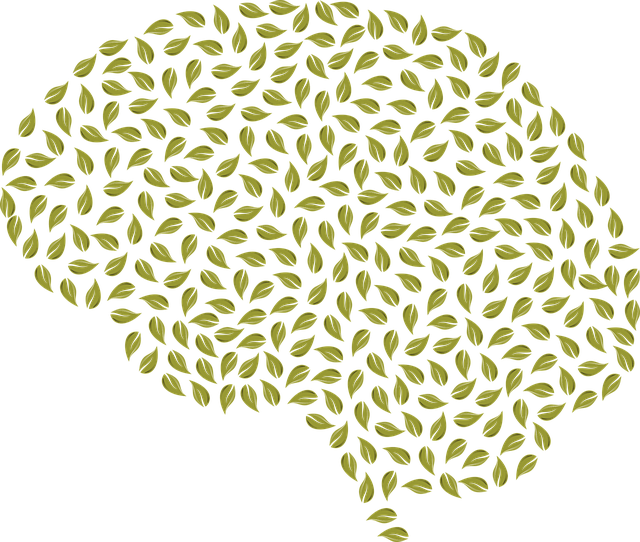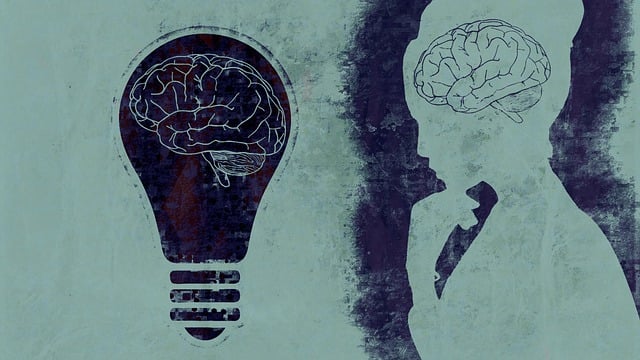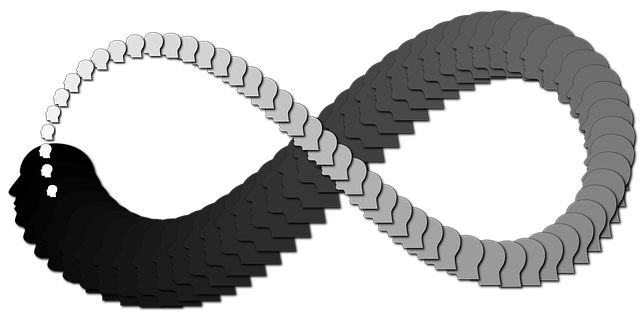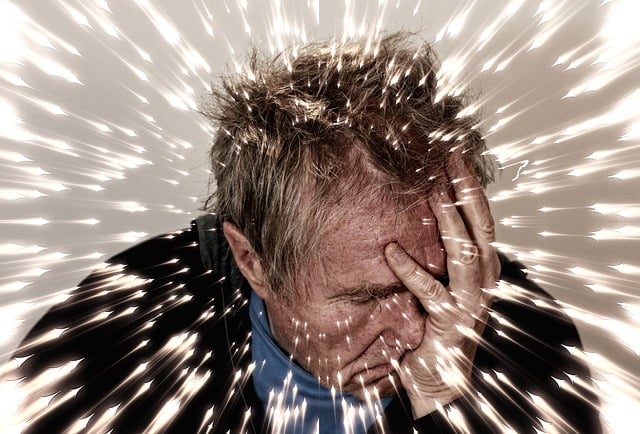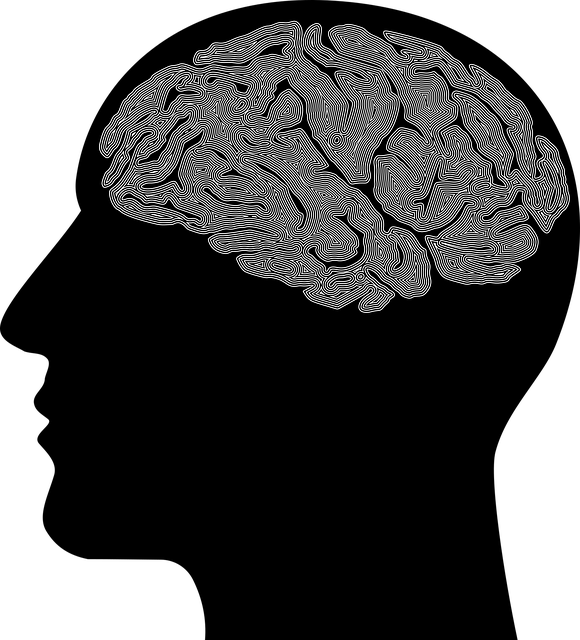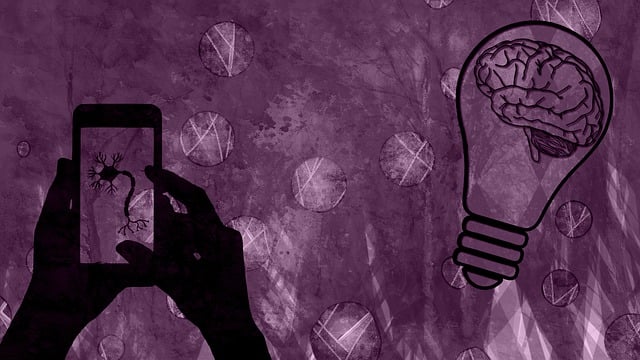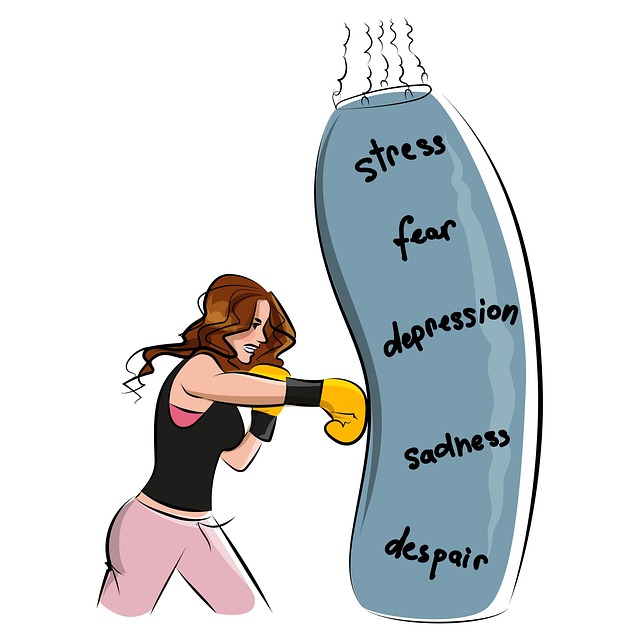Boulder EMDR Certified Therapy offers a specialized approach to healing from loss and grief through evidence-based Eye Movement Desensitization and Reprocessing (EMDR) psychotherapy. This powerful tool helps individuals process traumatic memories and intense emotions, fostering resilience, promoting healing, and enabling them to move forward after significant losses. Combining bilateral stimulation techniques with structured yet gentle therapy, it provides closure and builds coping mechanisms for complex grief. Community support through groups, online platforms, and self-care practices further enhances mental wellness during bereavement. For effective loss and grief counseling in Boulder, consider EMDR certified therapists.
Loss, grief, and bereavement are profound experiences that can significantly impact an individual’s well-being. This comprehensive guide explores these complex emotions, offering insights into their understanding and effective coping strategies. We delve into the healing power of Boulder EMDR Certified Therapy, a revolutionary approach to managing grief. Furthermore, we address common challenges faced during the grieving process and provide valuable resources for finding support, emphasizing the importance of seeking help for optimal recovery.
- Understanding Loss, Grief, and Bereavement: A Comprehensive Overview
- The Role of Boulder EMDR Certified Therapy in Healing
- Common Challenges Faces During the Grieving Process
- Effective Coping Strategies for Managing Bereavement
- Finding Support: Resources and Next Steps for Healing
Understanding Loss, Grief, and Bereavement: A Comprehensive Overview

Loss, grief, and bereavement are deeply personal experiences that can significantly impact an individual’s mental wellness. Understanding these concepts is a crucial step in providing effective support to those going through tough times. Loss refers to the absence of something or someone valued, while grief is the emotional response to loss, often characterized by intense feelings like sadness, anger, and loneliness. Bereavement, on the other hand, is the period during which one grieves after losing a loved one.
For many, these experiences can be overwhelming, leading to long-lasting effects on daily life. That’s where Boulder EMDR Certified Therapy steps in as a powerful tool. EMDR (Eye Movement Desensitization and Reprocessing) is a psychotherapy approach designed to help individuals process traumatic memories and associated distressing emotions. It’s particularly effective for those navigating loss, grief, and bereavement, offering a structured yet gentle method to work through complex emotions. This therapy, combined with support from understanding professionals, can foster resilience and promote healing, ultimately enhancing one’s ability to manage stress and move forward with their lives.
The Role of Boulder EMDR Certified Therapy in Healing

Boulder EMDR Certified Therapy offers a powerful tool for individuals navigating loss, grief, and bereavement. Eye Movement Desensitization and Reprocessing (EMDR) is an evidence-based approach that helps clients process traumatic memories and emotions associated with their loss. Through side-to-side eye movements or other bilateral stimulation techniques, EMDR facilitates the brain’s natural healing process, allowing individuals to work through and resolve the intense feelings associated with grief. This therapy provides a safe space for clients to confront and release their emotional pain while gaining insights and perspectives that promote healing.
Incorporating Boulder EMDR Certified Therapy into counseling practices has shown significant benefits in helping people cope with loss-related trauma. By addressing unprocessed memories and beliefs, individuals can find relief from persistent grief symptoms, gain a sense of closure, and develop healthier coping mechanisms. This therapeutic approach is particularly valuable for those who have experienced complex or prolonged grief, as it enables them to reprocess their emotions and gradually rebuild their lives after loss. Public Awareness Campaigns Development and Mental Wellness Podcast Series Production can further enhance the accessibility and understanding of Boulder EMDR Certified Therapy, fostering a supportive environment for those seeking healing during challenging times. Self-Care Practices are also essential alongside professional support, promoting individuals’ overall mental wellness as they navigate the grieving process.
Common Challenges Faces During the Grieving Process

The grieving process is a deeply personal journey, often filled with unique challenges. Common obstacles include intense emotions like sadness, anger, and guilt, which can feel overwhelming and leave individuals feeling isolated. Many struggle to find healthy ways to express their sorrow or cope with the profound sense of loss. This is where professional support becomes invaluable.
Boulder EMDR Certified Therapy offers a specialized approach to address these challenges. Through evidence-based techniques, therapists guide clients in processing traumatic memories and intense emotions associated with bereavement. Emotional healing processes are facilitated, allowing individuals to integrate their experiences and promote emotional well-being. This supportive environment equips folks with effective coping strategies for navigating the complex landscape of grief, fostering mental health awareness and resilience during this difficult time.
Effective Coping Strategies for Managing Bereavement

Bereavement is a complex process that requires various coping strategies to effectively navigate through. One proven method for managing bereavement is Boulder EMDR Certified Therapy, which helps individuals process and heal from traumatic losses. This therapy combines elements of exposure therapy with cognitive processing to help clients work through their emotions and memories surrounding the loss. By facilitating emotional regulation and resilience building, it empowers people to move forward in a healthy manner.
In addition to individual therapy, engaging in community outreach program implementations can significantly aid in coping. Support groups, for instance, provide a safe space where individuals can share their experiences, gain different perspectives, and offer mutual support. These platforms foster a sense of belonging, enabling those affected by grief and bereavement to build strong social connections while enhancing their overall emotional well-being.
Finding Support: Resources and Next Steps for Healing

Healing from loss can feel like a daunting journey, but finding the right support is crucial for navigating grief and bereavement. One effective approach that has gained recognition in the mental health field is Eye Movement Desensitization and Reprocessing (EMDR) therapy. Certified EMDR therapists in Boulder offer specialized care, utilizing advanced techniques to help individuals process traumatic experiences related to loss. This evidence-based method has shown remarkable results in reducing symptoms of trauma and enhancing emotional well-being.
For those seeking resources, there are various options available beyond individual therapy. Support groups facilitated by mental health professionals can provide a safe space to connect with others who have experienced similar losses. Community outreach programs also play a vital role in fostering support networks, often offering educational workshops and resources tailored to different cultural backgrounds. Additionally, exploring online platforms and digital counseling services can make professional help more accessible, especially for those who prefer convenience or live in remote areas. Engaging in self-care practices, such as stress reduction methods like meditation, yoga, or journaling, can also complement therapeutic interventions under the guidance of a mental health policy analysis and advocacy expert.
Grief is a complex process, but with the right support, healing is achievable. This article has explored the various aspects of loss, grief, and bereavement, offering insights into the emotional journey one endures during these difficult times. We’ve highlighted the significance of professional help, particularly Boulder EMDR Certified Therapy, in facilitating healing and providing effective coping strategies. By understanding common challenges and leveraging available resources, individuals can navigate their grief, find closure, and begin to rebuild their lives. Remember, seeking support is a sign of strength, and with time and the right tools, healing becomes possible.
